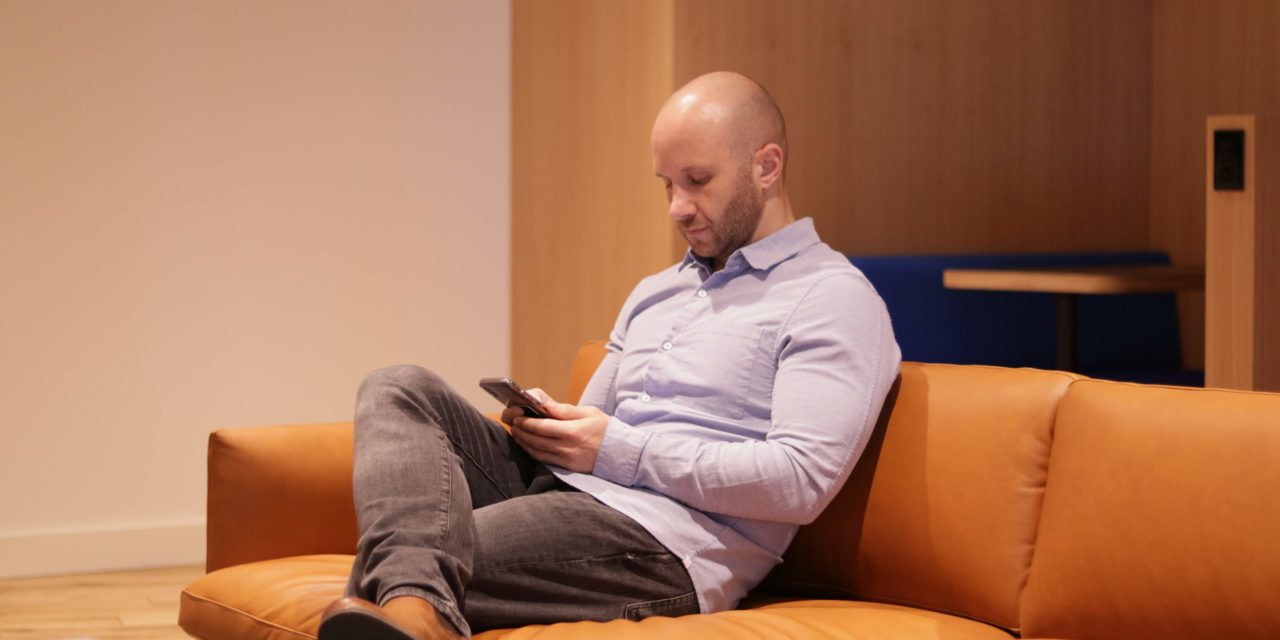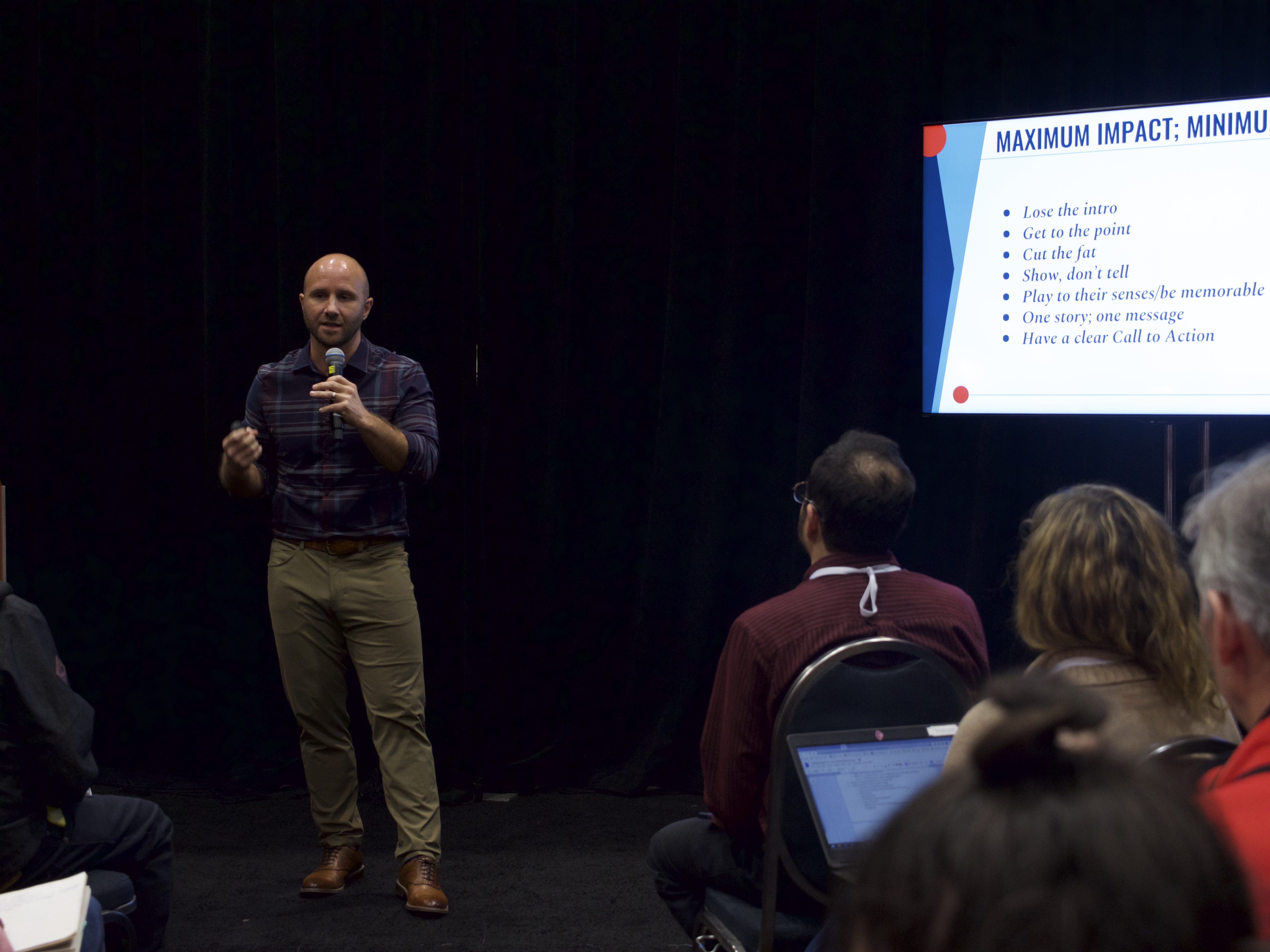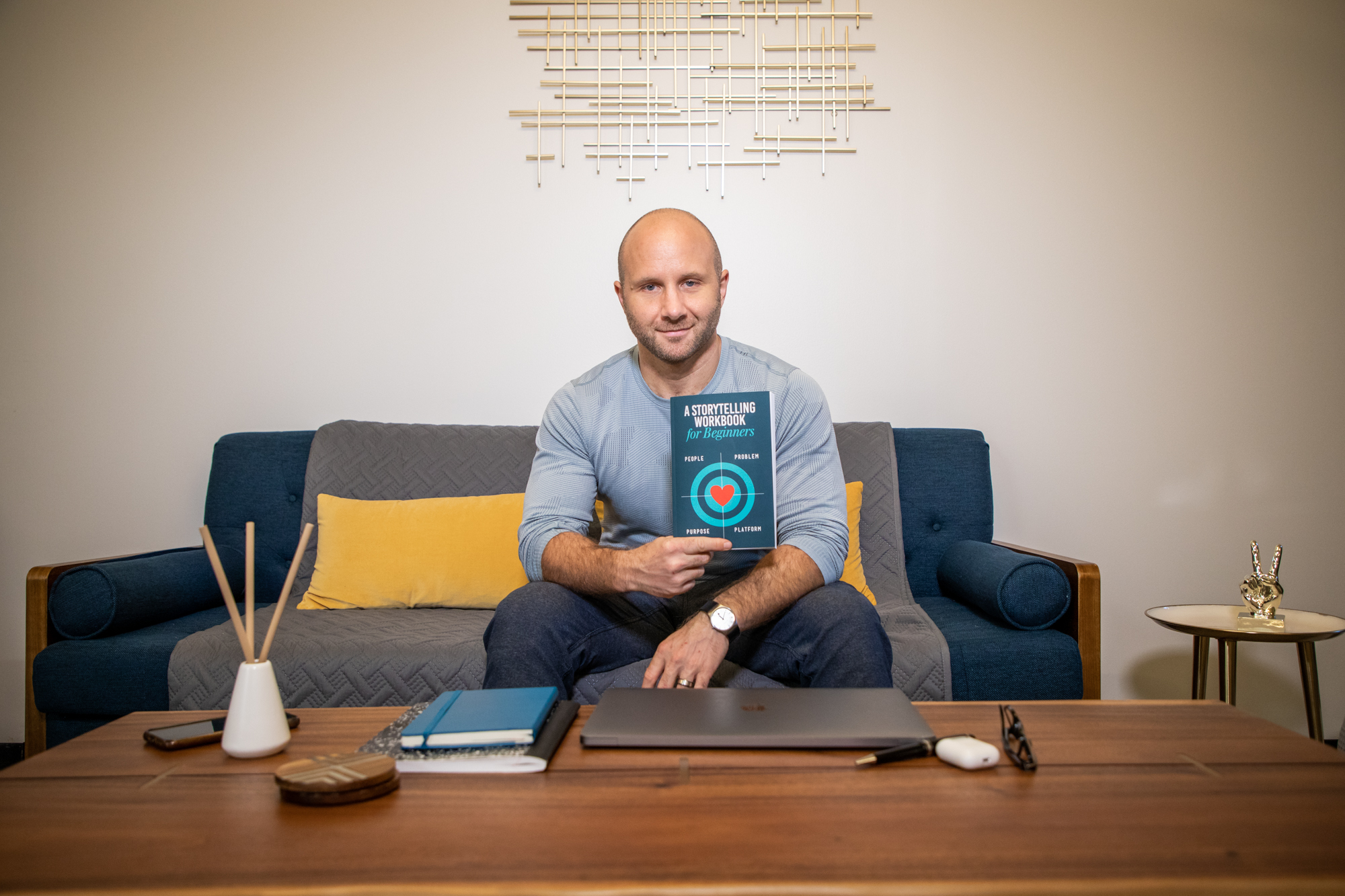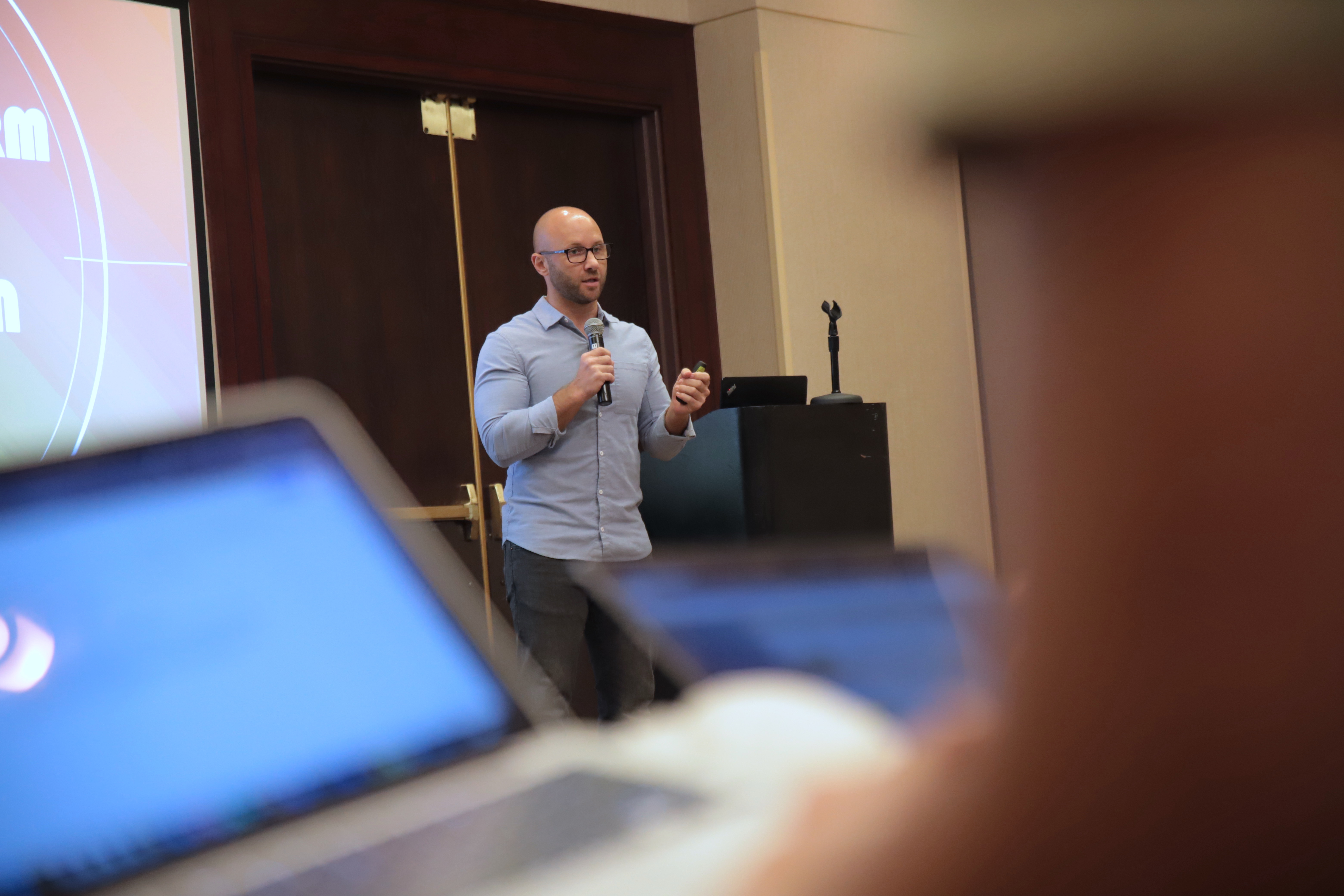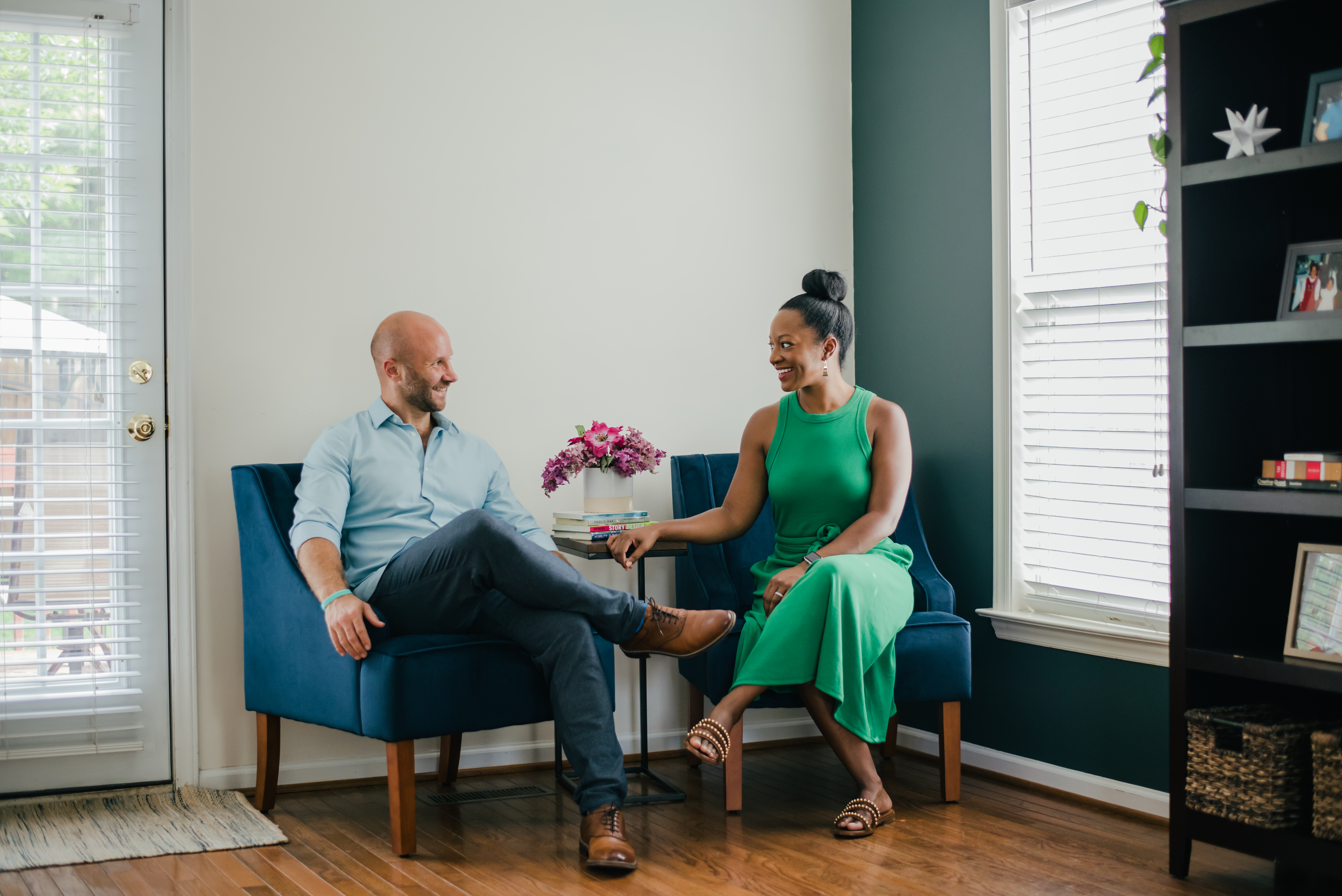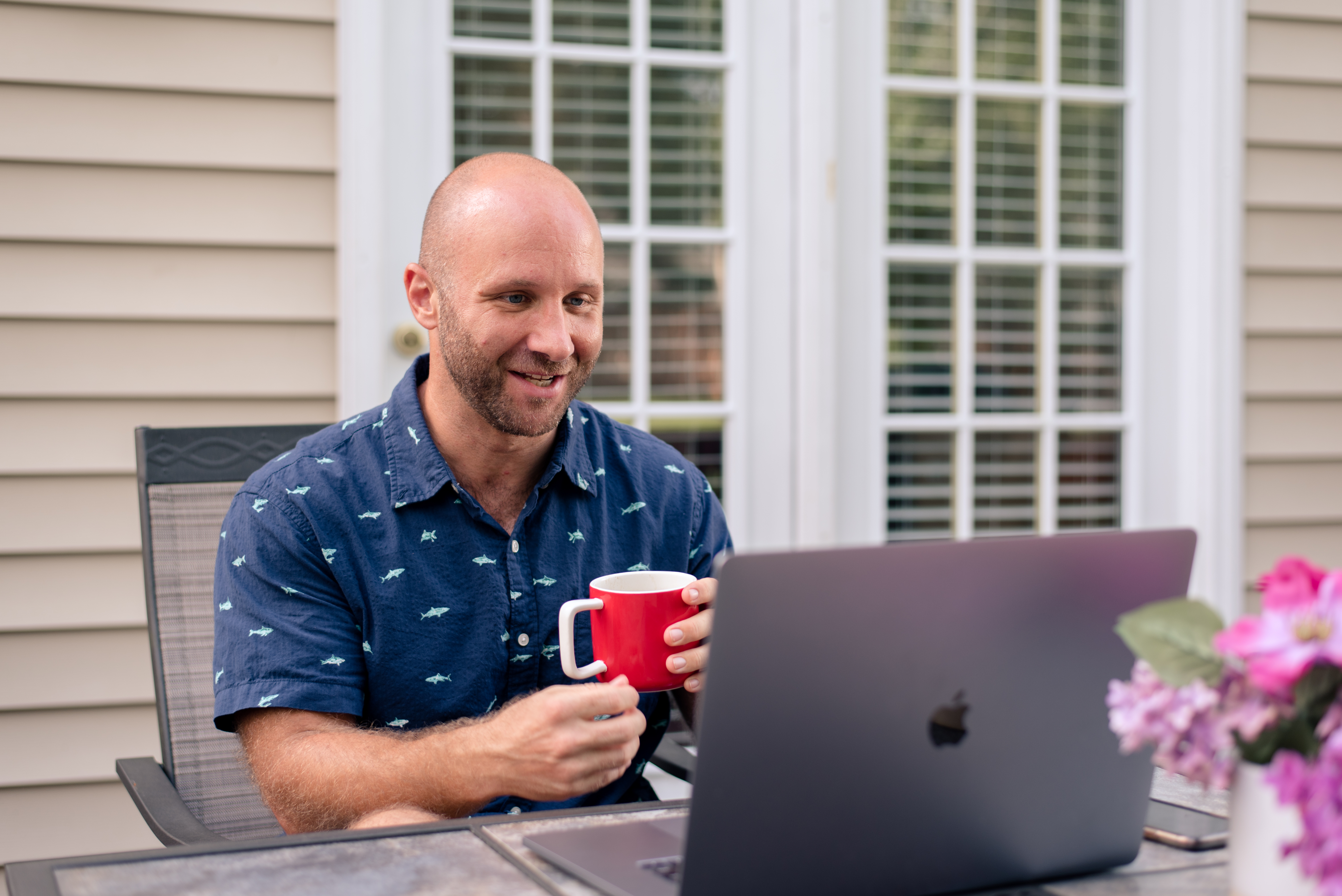Sunday morning, while I was making waffles for my family, I snapped out of a daze when I heard my girlfriend call my name. I had been standing there with the waffle iron open and the mix ready to pour, but just staring off into space.
“What’s wrong?” she asked.
I tend to do this — drift off into a fantasy land of “what ifs,” thinking about outcomes of situations before they’ve even happened.
I told her what was stressing me out and it helped my nerves a little bit. The syrup, butter and coffee might have helped a little bit more. But I still couldn’t quite shake it.
On Monday I had to have two conversations that I had been dreading all weekend. In one situation, I was the client; in the other, I was the contractor.
Both required an enormous amount of empathy.
The first conversation was with a major client of mine (whom I respect a great deal and have a fantastic relationship with) that had just agreed to hire my team for a big project performing a type of work we’d never done together before.
Over the weekend, I saw some areas to make fast improvements to their already-existing structure. I was eager to get the ball rolling on this new project, so I just started running with it.

Photo (and feature photo) via Lisa Parkinson
These were easy fixes that would definitely help our overall collective mission and I’d put a lot of thought into the strategy I wanted to employ. I just knew they’d be thrilled with me doing work that I wasn’t asked to do just to be helpful.
Their response hit me like a ton of bricks. They were unsure of what I was doing, why I was doing it, and didn’t like the choices I’d made.
I received a long email (that wasn’t at all rebuking) that drove my insecurities into a whirlwind.
My ego was asking questions like, “Did they not see I was just trying to help them improve? Did they not understand I was just showing them options of how we could improve and I wasn’t just running around making executive decisions? Do they just not get how to utilize these new media tools and is our generation gap just too wide to do this type of work?”
That’s not empathy. That’s judgement — judgement stemming from my own vulnerability.
Had I entered the conversation like that, I probably would have lost my best client. Or at least put a dark cloud over what should be an exciting new venture for us.
Instead, I strove to be as empathic as possible. I put myself in their position and thought about what I did and didn’t do.
I didn’t communicate. I didn’t involve them in the thought process that lead me to my decisions so they could see the macro picture. I didn’t explain to them the best practices of new media and how it would help them. All of this was completely my fault and could have been avoided.
The conversation that I was so fearful of having turned out to not only be a great conversation, but it actually fueled us more for the new endeavor and I believe brought us closer together. They respected my honesty (I started off with an apology and admission of where I misstepped) and after the conversation they understood exactly what I was trying to do.
Not only that, but I had indirectly coached them on how to be a better client — how to make my job easier. Now that they knew the bigger picture goals, they will be able to see more opportunity and options that will help me do my job better (and therefore help themselves even more).
Had I listened to my ego, all of this would have been missed.
The second conversation was one that is always unpleasant. I had to let someone go.
We are in a transitional point in my company, with an opportunity to really grow, and I needed to make some changes to ensure that we were in a place to handle it. Some issues that forced this decision were in the contractor’s control and some were not.
That didn’t make it any easier.
This person had been with me since the beginning of my new company (a year now) and we’d done great work together. Not only that, but I considered her a friend and happened to know that she was going through some tough life transitions at the moment so I really didn’t want to have this conversation and add more to her plate.
But I had to.
So when I picked up the phone (she lives in another town and I thought it would be terrible to have her drive to me to deliver this news, or else I would have done it in person), I repeated the same thing to myself three times:
“Empathy, empathy, empathy.”
I could have been heartless and cold, delivered the news and gotten off the phone as quickly as possible. But that would not have lined up with my core values.
I could have felt sorry for her and apologized profusely. But that would have made it about my pain and not hers — plus that is not empathy. It is sympathy.
A hero of mine, Brené Brown says:
Sympathy is seeing someone in a deep hole and we look and say “Ooh! That’s bad. You need a sandwich? I’m so sorry for you (but from up here).”
Empathy is seeing someone in a deep hole and we climb down to be with them and say “Hey, I know what it’s like down here, and you’re not alone.”
I could rushed off of the phone when she got emotional, or told her “at least” she still had that other job, or a whole boatload of other things that would have made it easier for me.
Instead, I gave her space to feel, permission to hang up if she wanted (which she would have been totally justified in doing but chose not to), explained to her all the reasons why it was happening, and listened to her perspective on it.
I told her that I am not leaving her support team and that if there was anything she ever needed, that I could be called on for help. She told meant that meant a lot to her and I could tell she was being sincere.
Both of these conversations were challenging and I was scared to have them.
But if we approach our work, our lives, and our people with empathy, then instead of leaving people in their current state or even possibly making things worse, we sit with them together and build a platform for them to step on and use to move forward.
That is how we make progress together.

